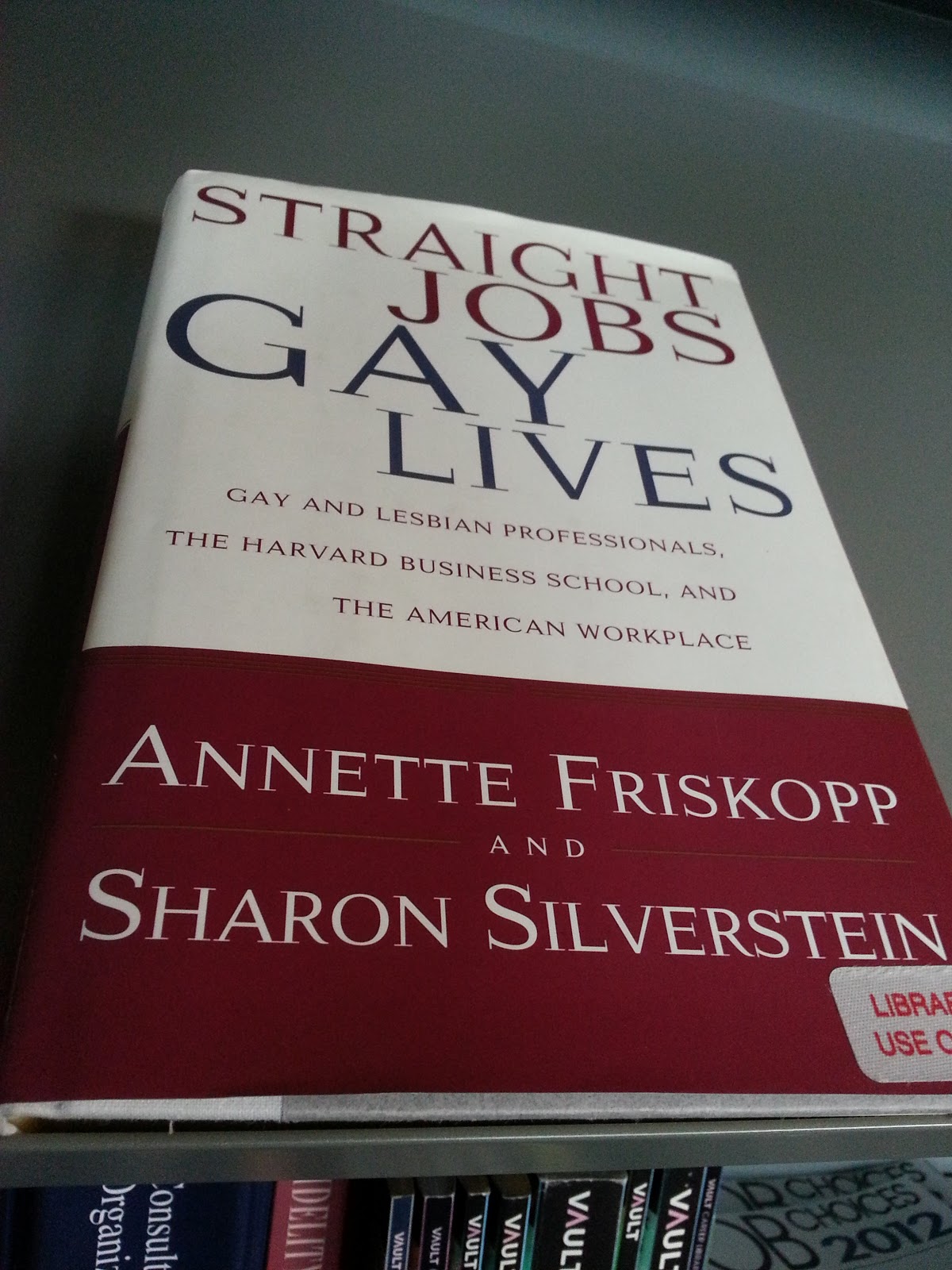In case you haven’t been able to tell from my many obscure
references, I love TV. Specifically, I love sitcoms that feature a ridiculous,
exuberant ensemble cast and their misadventures through life. Friends, 30 Rock,
The Office, The Big Bang Theory – you get the idea. One of my favorite shows
that’s still actually on TV (*cries over the fact that there has yet to be a
Friends reunion*) is Parks and Rec, and while I was catching up on the current
season over the weekend, I watched as April Ludgate, the sardonic, deadpan
intern-turned-government-bureaucrat, struggled with the realization that she
wasn’t satisfied with her job or where her life was headed. April was
experiencing the beginnings of a quarter-life crisis, an ever-growing
phenomenon being observed in twenty-somethings during or after their college
years.
 Most of you have probably heard of the mid-life crisis,
where the sudden confrontation with mortality and reflection on the “first
half” of life prompts 40 and 50-year olds to change careers or buy a sports car
or start painting pictures of seashells. But the quarter-life crisis is less
studied and less well-known, despite the fact that the only major difference
between the two crises is that one precedes the other by a few decades. Young
adults in the throes of a quarter-life crisis become unsure of what direction
their lives should take as they transition from a teenager to a full-fledged
adult. Our millennial generation has become infamous for these attitudes – we’re
also referred to as the Peter Pan generation because of our hesitancy to grow up
and enter the real world. (For more signs you’re having a crisis, turn
to BuzzFeed’s “10 Signs You're Having Your Quarter-Life Crisis” article – because you
know, of course they have that.)
Most of you have probably heard of the mid-life crisis,
where the sudden confrontation with mortality and reflection on the “first
half” of life prompts 40 and 50-year olds to change careers or buy a sports car
or start painting pictures of seashells. But the quarter-life crisis is less
studied and less well-known, despite the fact that the only major difference
between the two crises is that one precedes the other by a few decades. Young
adults in the throes of a quarter-life crisis become unsure of what direction
their lives should take as they transition from a teenager to a full-fledged
adult. Our millennial generation has become infamous for these attitudes – we’re
also referred to as the Peter Pan generation because of our hesitancy to grow up
and enter the real world. (For more signs you’re having a crisis, turn
to BuzzFeed’s “10 Signs You're Having Your Quarter-Life Crisis” article – because you
know, of course they have that.) If you ask me, the uncertainty felt in the quarter-life
crisis is far from an unknown phenomenon. I still question my life on a daily
basis. I declared two incredibly interdisciplinary majors mostly because I
couldn’t make up my mind. I once held up the line in Carm for five minutes
because I couldn’t decide between peas and carrots, and I eventually just took
both. There’s no doubt that college is a time to question yourself, and
eventually, to come to a conclusion about a career and a life and be confident
that you made the right choice. So how do we deal with the fact that there is
now a socially-accepted quasi-diagnosis for our indecisiveness?
If you ask me, the uncertainty felt in the quarter-life
crisis is far from an unknown phenomenon. I still question my life on a daily
basis. I declared two incredibly interdisciplinary majors mostly because I
couldn’t make up my mind. I once held up the line in Carm for five minutes
because I couldn’t decide between peas and carrots, and I eventually just took
both. There’s no doubt that college is a time to question yourself, and
eventually, to come to a conclusion about a career and a life and be confident
that you made the right choice. So how do we deal with the fact that there is
now a socially-accepted quasi-diagnosis for our indecisiveness?
To be honest, I really don’t know. My past blog posts may
make me sound like a career planning expert, but I’m far from anywhere close to
knowing my real path in life. I’m not about to pretend I’m some
wise-beyond-my-years college student who’s seen and done it all (unless “it all”
means every episode of Parks and Rec, in which case I have, in fact, seen it all). So, fulfilling my membership in the millennial generation, I did
what any reasonable person living in 2015 would do: I Googled “how to survive a quarter-life crisis”. Naturally, I found article after article telling me to “relax”
and “do what makes you happy”. As much as I appreciated the good vibes, I’ve
said before how empty and abstract these tips can be. I did, however, find one HuffPost article that provided some small and feasible lifestyle changes that
can make the quarter-life crisis bearable. One of these tips that truly
resonated with me was the suggestion to limit the use of social media—and with
it, the tendency to compare yourself to other people. Behaviors like this can
distract from your own goals and accomplishments.
I also came across the work of Erik Erikson, a 20th
century psychologist who studied the process of human
psychological development. Erikson acknowledged the quarter-life crisis before
it was even named; one of his eight stages of development occurred around the
transition into adulthood. The quarter-life crisis has been noted in the media
as well; the movie “The Graduate” is known for its accurate depiction of the confusion
and anxiety felt by recent college grads (and for being the origin of the “Mrs.
Robinson” persona). Clearly, the quarter-life crisis is not unusual; in fact,
there’s plenty of evidence to suggest the opposite.
When it comes to career development, it seems that a little
anxiety and self-doubt is more than commonplace. When I confessed to my pre-major
advisor that I’d been having doubts about whether or not my planned career was
right for me, she explained to me that this questioning is welcome. According
to her, focusing on one singular career and never exploring any alternatives is
like marrying a person just because you’ve dated them for so long. Perhaps the
quarter-life crisis should be renamed to make it sound less like a psychotic break
and more like a well-grounded period of investigation and self-assessment.
I hope that, after reading this, you’ve realized that you’re
not alone in your quarter-life crisis. April Ludgate went through it, Dustin
Hoffman went through it, I’m still going through it. I also hope you now
understand that as much as you’d like to fast-forward to the part of life where
you’re employed and emotionally stable, this crisis is really a good thing. It’s
something we all need to go through to make sure that we’re happy later in
life, and isn’t that the long-term point of career development and the Career
Center?
If you’re still feeling conflicted or unsettled, here are a
few pictures of puppies and kittens to make you feel better. Sometimes when
life feels overwhelming I Google phrases like “puppies being cute”, and I’m
never disappointed.
Until next time,
Sean Boyden
Class of 2017
























